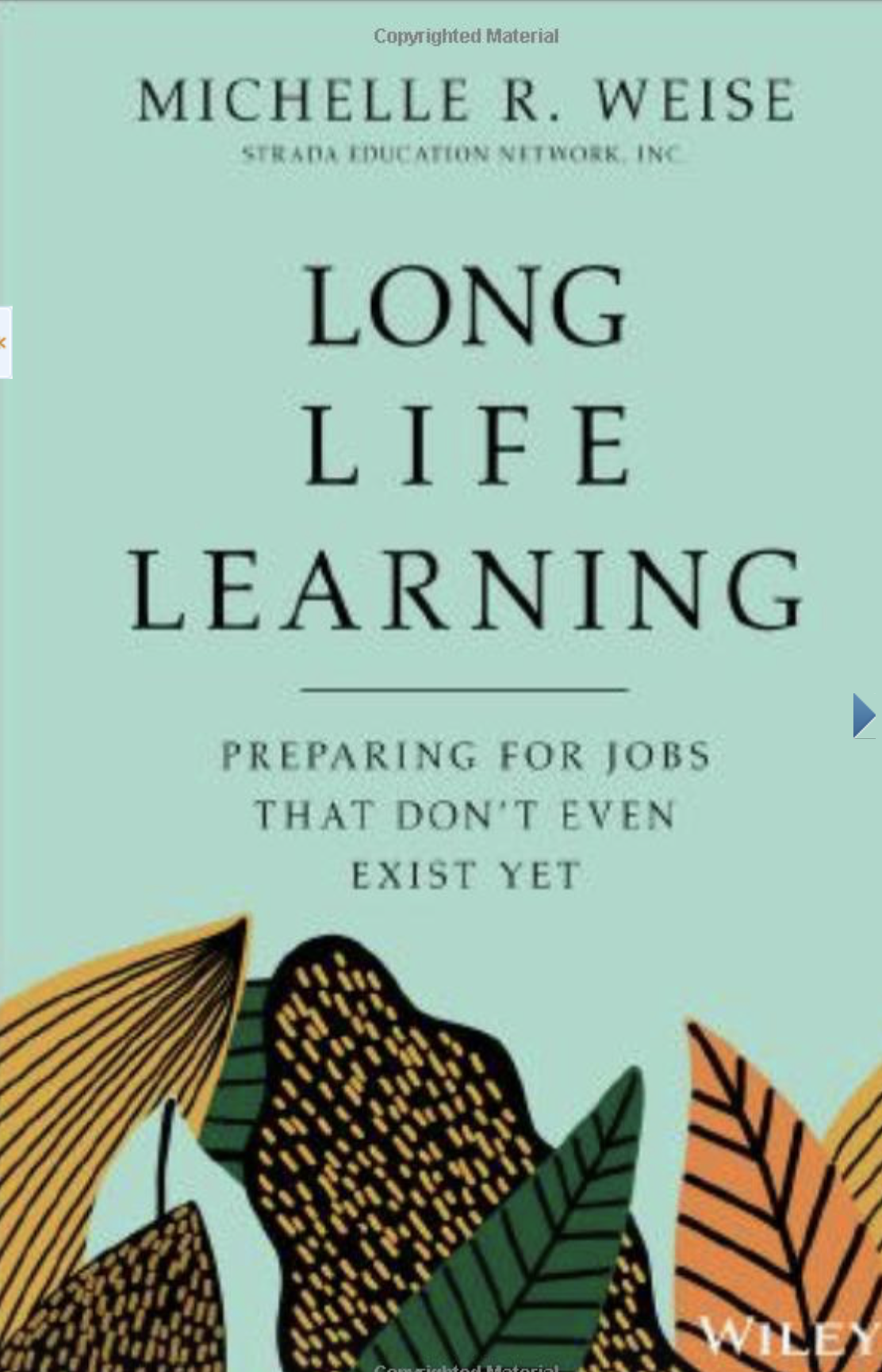Was 2020 a complete loss for the meetings industry? Not if you look at it this way: Over the course of less than a year, the technology related to virtual and hybrid meetings advanced in sophistication by roughly five years, according to various tech suppliers. Meeting and event planners had to keep pace to become proficient at running events in the electronic medium. As stressful as that was, it means that planners might now be more valuable to their organizations than ever before, given the uncertainty of when in-person events will once again be part of the portfolio—and whether they will ever again be as dominant as they were before 2020.
With that experience under their belts, association-event planners in particular will relate to the thoughts of Michelle Weise, a senior advisor at educational firm Imaginable Futures. She's spent most of her career on transitioning people's technical and interpersonal skills so they can succeed as their roles change over time—or become something entirely new.
In her recently released book, titled Long Life Learning: Preparing for Jobs that Don't Even Exist Yet, Weise delivers several lessons that fit neatly into the role that associations must play in their member's careers. In order to ensure their own long-term success, associations need to stay ahead of the changes, even difficult-to-see ones, that will affect their members' ability to remain employable. Here are three ways associations can do that, according to Weise.
1. Between educational events, keep bite-sized learning and sharing opportunities flowing to members. "There is an implicit hope and sense of relief that with the Covid vaccines getting out, we can go back to normal and meet in person again," Weise says. "But in order to future-proof your members, that's not enough. You must regularly deliver steady, bite-sized streams of content as well as opportunities to practice the skills they're learning." Her solution: A week or two after each training or topical webinar, associations should facilitate small-group discussions or role-playing sessions between members via Zoom so they can test out what they learned, ask questions, and overcome challenges around the new skill. Practice makes permanent, and a small push at the outset will encourage members to continue practicing the new skill in their own work environment.
 2. Use artificial intelligence to find less-obvious trend shifts in the industry you serve. "AI can examine tens of thousands of social profiles from people in your industry along with job listings in your industry to see if the skills that people are putting on their resumes match up with what is being asked for by employers," says Weise (pictured here). "This way, you can see what those who work in your industry are saying about the skills they possess and see if employers are validating what people are putting out there—are they giving these people jobs? This will help your association translate a broad skill such as problem-solving into more industry-specific or role-specific skills," which would help members understand how their jobs are changing even if they don't see it right now.
2. Use artificial intelligence to find less-obvious trend shifts in the industry you serve. "AI can examine tens of thousands of social profiles from people in your industry along with job listings in your industry to see if the skills that people are putting on their resumes match up with what is being asked for by employers," says Weise (pictured here). "This way, you can see what those who work in your industry are saying about the skills they possess and see if employers are validating what people are putting out there—are they giving these people jobs? This will help your association translate a broad skill such as problem-solving into more industry-specific or role-specific skills," which would help members understand how their jobs are changing even if they don't see it right now.
3. Deliver human skills to members, which are as important as technical skills. "Human skills set us apart from machines—they are the things that machines can't do. None of us can compete with machines at their strengths, but there is so much value around emotional intelligence and collaborative abilities and motivational skills. Even assigning weight to each data set that AI crunches for you is something of a human skill," because it can often be subjective. "The combination of technical and human-oriented abilities is what will set up your members to be future-proof." In turn, they will continue to engage with the association.





